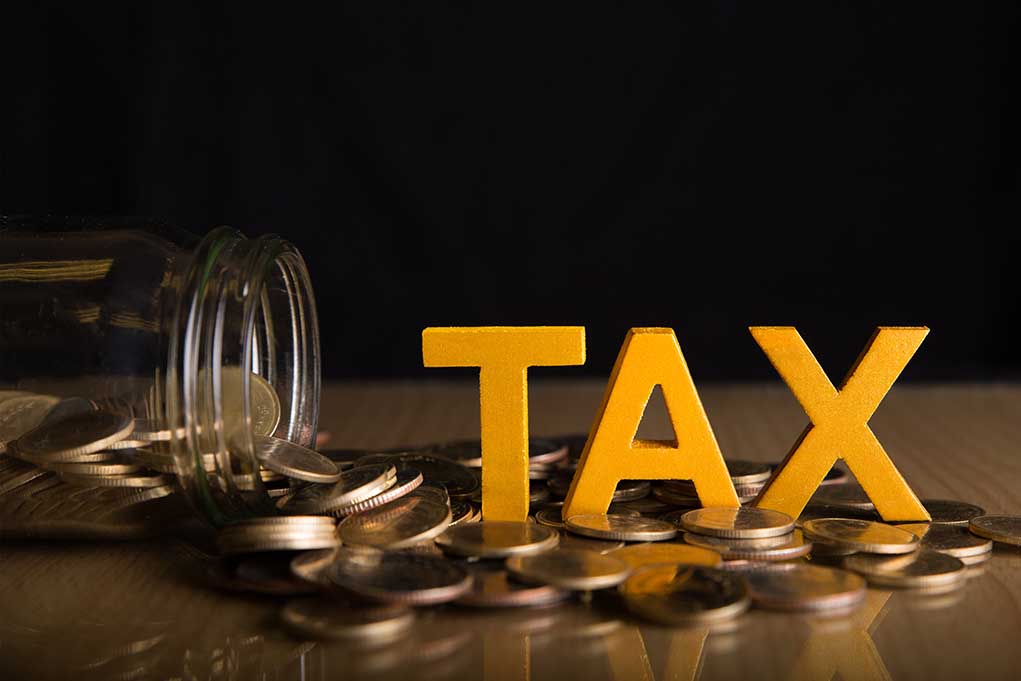
(NewInsights.org) – Tax collection is nothing new to the American experience. Indeed, the country gained its independence largely over Great Britain’s practice of taxation without representation. In December 1773, a group of disguised American colonists tossed about 342 chests of tea from the British East India Company into the Boston Harbor at Griffin’s Wharf. By April 1775, skirmishes erupted when British troops and colonial militia skirmished in Lexington and Concord, and full-scale warfare broke out within months.
But where did taxes originate, and why do Americans continue paying them today?
Earliest Records of Taxes
Founding Father Benjamin Franklin once remarked that “nothing [in life] is certain, but death and taxes.” Historians tend to support that theory, believing that taxes have been around since the dawn of civilization.
Academics and historians disagree on the first recorded instances of organized taxes. By some accounts, the first recorded instances appeared in the Bible around 3,000 BC in Ancient Egypt. The Book of Genesis references the practice of pharaohs sending out commissioners to levy a 20% tax on grain harvests.
Others say the first recorded instances of taxes took place in Mesopotamia more than 4,500 years ago, with people paying government collectors using livestock, the preferred currency of that era.
The Rise of American Taxes
The US Constitution granted Congress the power to raise funds through taxes and other levies. The various states collected those funds and transferred them to the government. The Civil War and its associated costs led to the creation of the Office of the Commissioner of Internal Revenue, the forerunner of the Internal Revenue Service.
Congress replaced that measure with the Wilson-Gorman Tariff Act in 1894, but the US Supreme Court struck down that law with its landmark decision in “Pollock v. Farmers’ Loan & Trust Company,” 157 US 429 (1895), affirmed on rehearing, 158 US 601 (1895).
However, the ratification of the 16th Amendment effectively overturned “Pollock v. Farmer’s Loan,” and a nationwide income tax became the permanent law of the land.
Why Do We Pay Income Tax?
In short, Americans pay taxes to fund vital national and local services and programs, provide goods and pay government debt obligations. For example, taxes pay for federal programs like CHIP, Medicare, Medicaid and Social Security. Federal income taxes also help pay for marketplace subsidies, the interest on the national debt and the military and national defense.
Similarly, state and local taxes pay for roadways, schools, hospitals, police officers, fire departments and the like. They also fund parks, community centers and other similar projects.
While most people don’t profess to love paying taxes, the revenue provides basic infrastructure and security for all Americans, and they are a certainty, as history has shown.
Copyright 2023, NewInsights.org

